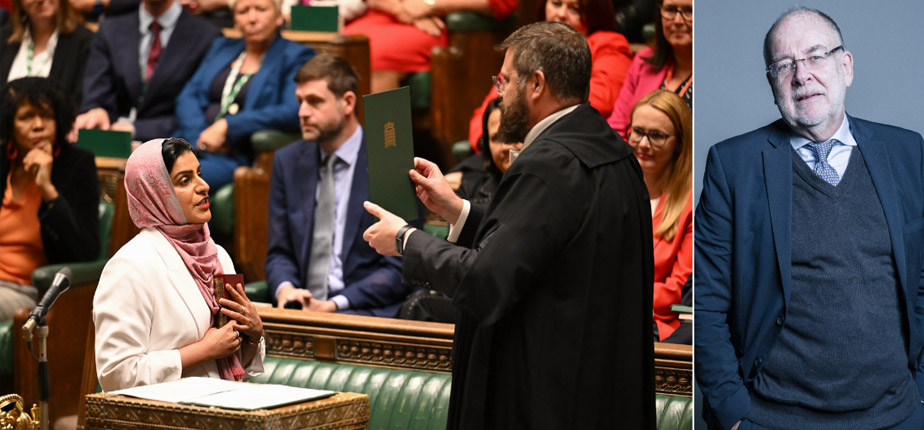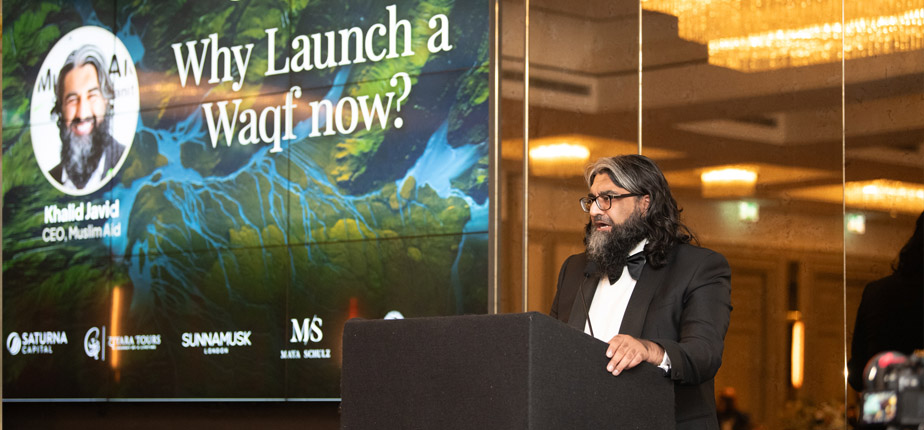
Elham Asaad Buaras
Former Cabinet Minister Lord Falconer has faced backlash for accusing Justice Secretary Shabana Mahmood of “imposing her religious beliefs.” His comments followed her opposition to the Assisted Dying Bill, passed on November 29.
In a letter to her constituents, Mahmood expressed her “profound concern” about the Terminally Ill Adults (End of Life) Bill. She asserted that the “state should never offer death as a service,” cautioning that MPs supporting the bill would be pushing Britain onto a “slippery slope towards death on demand.”
Notably, despite several senior Labour politicians—including Health and Social Care Secretary Wes Streeting, Business and Trade Secretary Jonathan Reynolds, and Education Secretary Bridget Phillipson—opposing the bill ahead of the vote, Lord Falconer chose to single out Mahmood for her stance.
In response, the Labour Muslim Network vehemently condemned his remarks, accusing Lord Falconer, an ally of Sir Keir Starmer, of perpetuating “the culture of Islamophobia” and demanding an apology.
Mahmood also garnered support from MP Rachael Maskell, who called for an apology for the “offensive and discriminatory” comments. Maskell, who has publicly discussed her strong Christian faith, stated: “I find it highly offensive and discriminatory… and he should apologise for making such comments.”
Home Office Minister, Jess Phillips, defended Mahmood’s letter—despite her own support for the Bill—arguing that MPs have the right to be guided by a religious “moral code.” Phillips remarked: “Shabana will make her decision on a matter of conscience, exactly like I will.”
Former Labour NEC member and prominent anti-racism activist Mish Rahman expressed grave concern that Falconer’s comments perpetuate damaging stereotypes about Muslim politicians. He stated: “The framing of Shabana Mahmood’s position as ‘imposing her religious beliefs’ reinforces harmful stereotypes, implying that a Muslim MP’s actions are dictated solely by religion, rather than moral, ethical, or legal considerations, which other MPs are presumed to make independently. This narrative sets a perilous precedent for how Muslim women in leadership are perceived and treated.”
Rahman further asserted that non-Muslim MPs, such as Streeting—who has openly identified as a devout Christian—have not faced similar scrutiny for their views on the Assisted Dying Bill. “This double standard undermines the legitimacy of Muslim MPs’ perspectives, whether secular or faith-based, and suggests that their opinions are less valid or more suspect than those of their non-Muslim counterparts,” he added.
Rahman argued that these remarks highlight a broader pattern of Islamophobia in political discourse, particularly from figures like Falconer.
Zara Mohammed, Secretary General of the Muslim Council of Britain, questioned if Falconer’s objection to religious views applies to all politicians of faith. She asked: “One must ask whether his position that religious views should be excluded from the debate applies only to Muslim public figures or to all MPs whose faith informs their stance on the Assisted Dying Bill.”
Cardinal Nichols, the Archbishop of Westminster, told Times Radio: “I thought we lived in a democracy where people were permitted to express their views and to take forward an argument, and a rational argument at that. If Mr Falconer can’t extend that space to religious belief, then I’m not sure why he should be in politics, actually. It’s not as if politics were a separate, sealed-off way of living—it’s part of the life of this country. And religious belief is very much part of the life of this country.”
Isabel Hardman, assistant editor of The Spectator, wrote that “it is easier for Lord Falconer to point to a Muslim or a Christian than to challenge someone who worships progressive secularism and ask whether they have truly considered the implications of what they are about to ‘impose’ on others.”
Photo: Former Cabinet Minister Lord Falconer (inset) has come under heavy criticism for targeting Shabana Mahmood MP, the Lord Chancellor and Secretary of State, accusing her of ‘imposing her religious beliefs on others’ for opposing the Assisted Dying Bill. (Credit: House of Commons)

